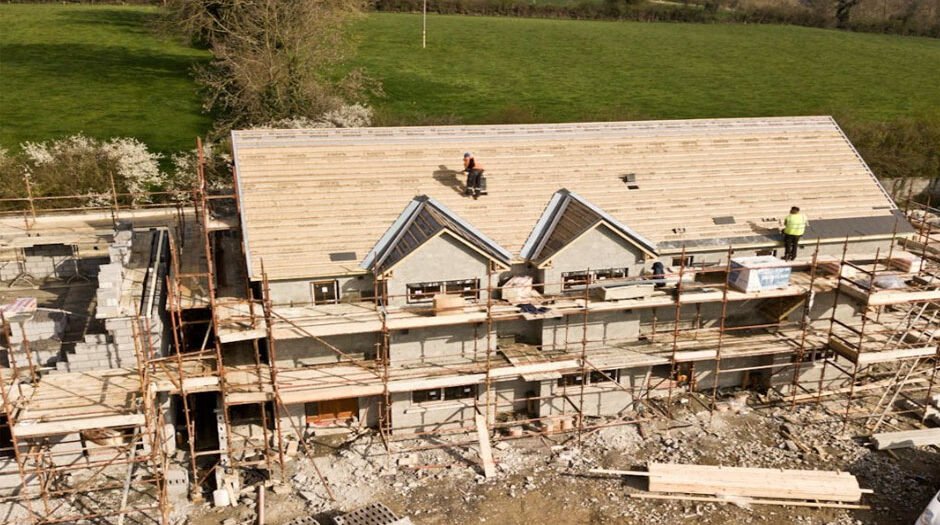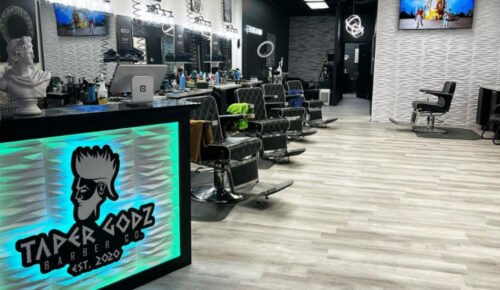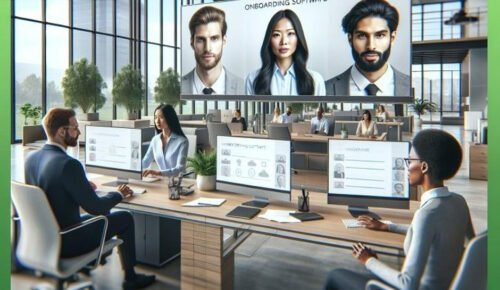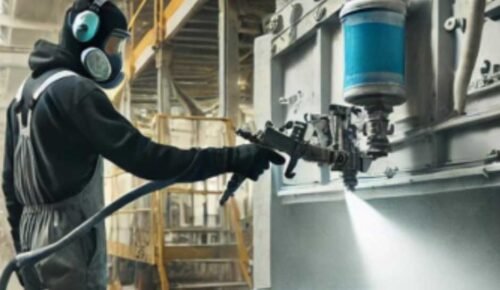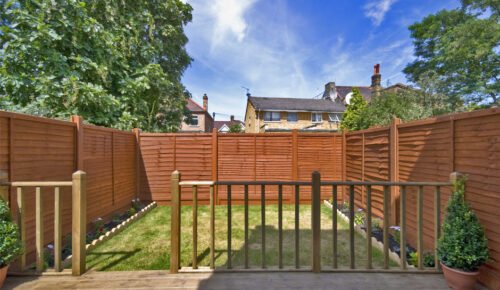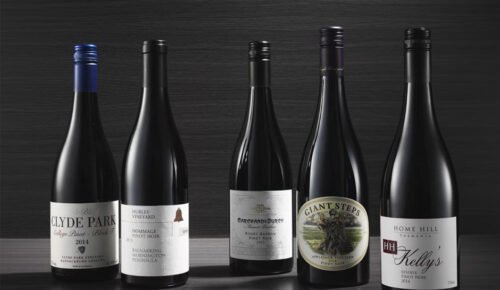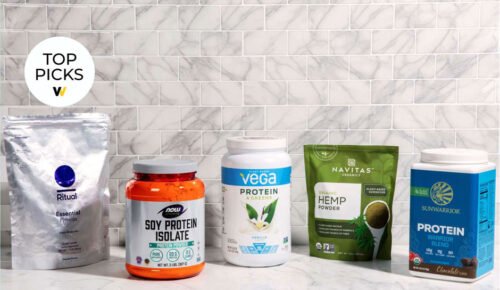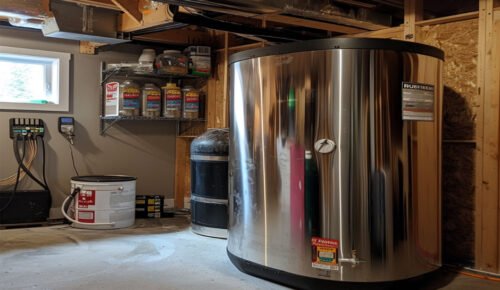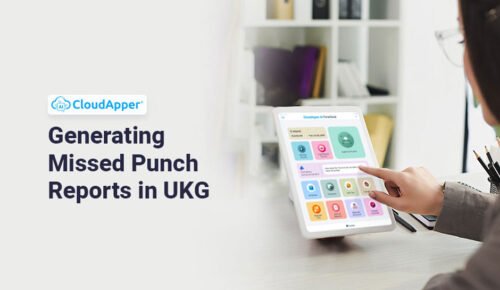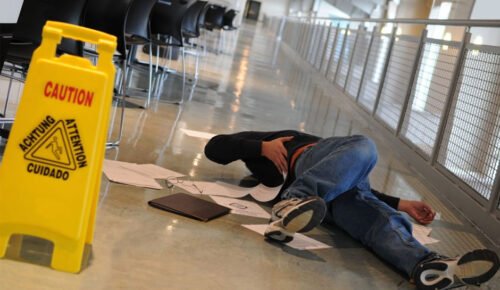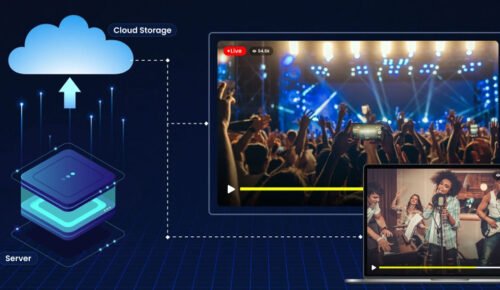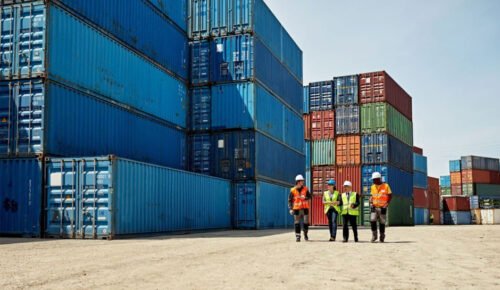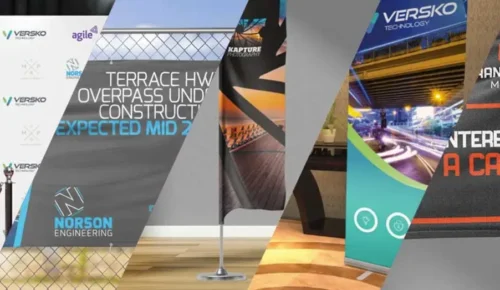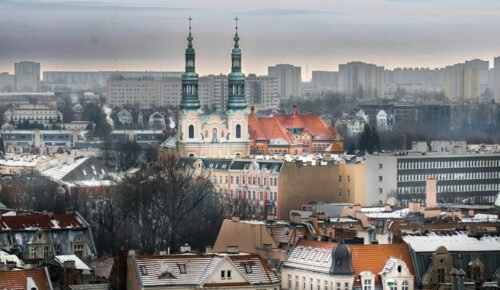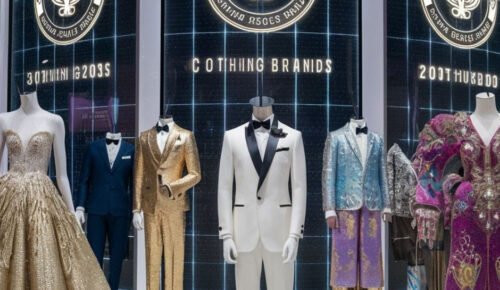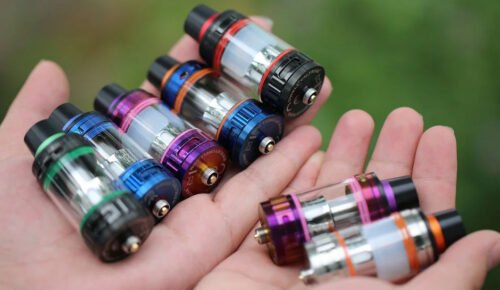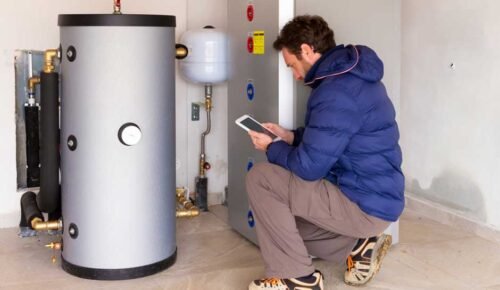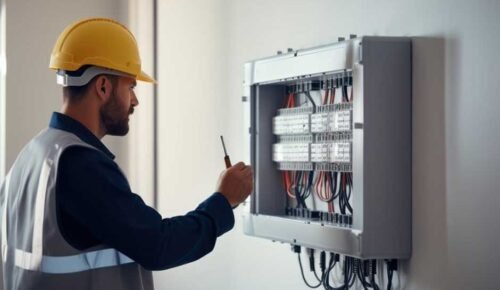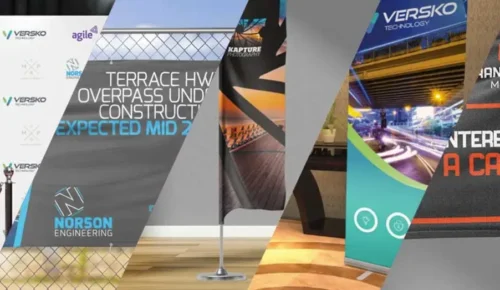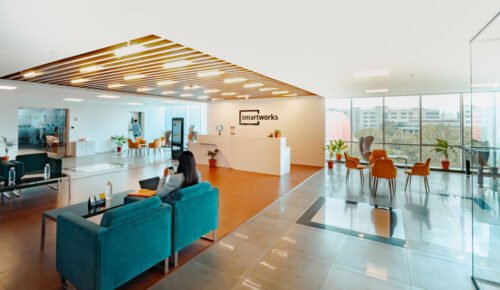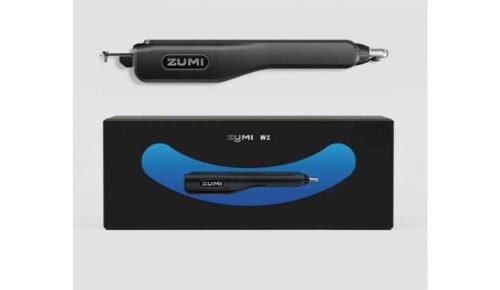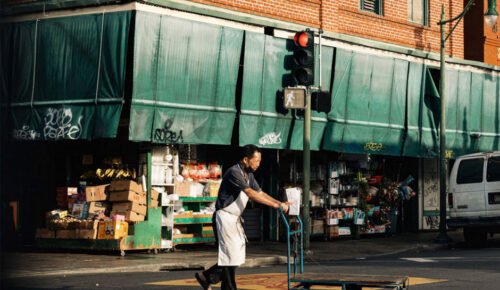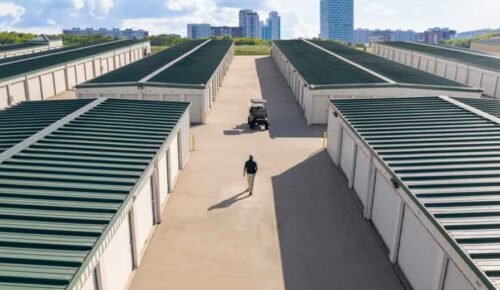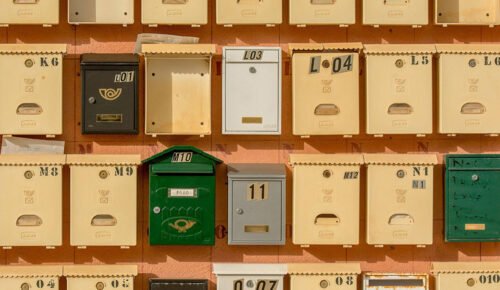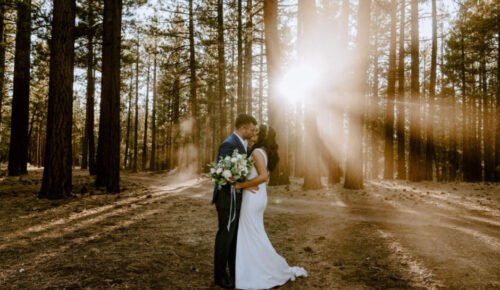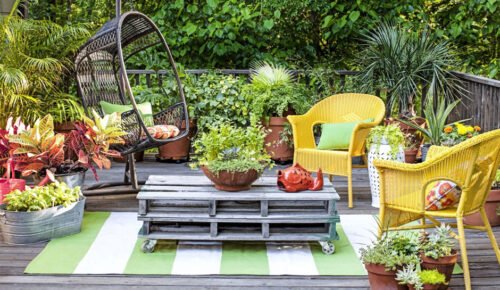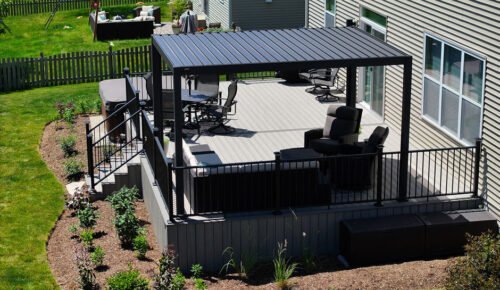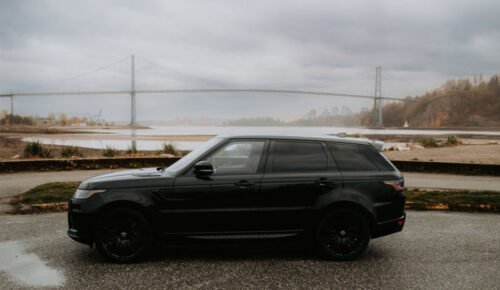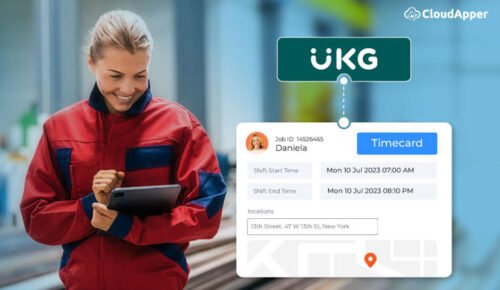Selecting the appropriate commercial roof coating is a critical decision that can significantly impact the longevity, energy efficiency, and overall performance of your property’s roofing system. For property managers and homeowners in Colorado, the choice of roof coating must align with the region’s specific weather conditions and the unique demands of commercial buildings. This guide will help you navigate the various options available, from rubberized coatings to solutions designed for flat roofs, ensuring you make an informed decision that protects your investment for years to come.
Understanding the Importance of Commercial Roof Coatings
Commercial roof coatings serve as a protective barrier for your roof, safeguarding it from the elements, extending its lifespan, and enhancing its energy efficiency. Unlike residential roofs, commercial roofs often have flat or low-slope designs, making them more susceptible to water pooling and UV damage. Therefore, applying the right roof coating is not just an optional upgrade but a necessary step in maintaining the integrity of your property.
In Colorado, where temperature fluctuations and severe weather conditions are common, a high-quality commercial roof coating can prevent damage caused by thermal expansion and contraction. By choosing the right product, you can reduce maintenance costs, improve the building’s energy efficiency, and even qualify for energy-related incentives.
Factors to Consider When Choosing a Roof Coating
When selecting a commercial roof coating, it’s essential to consider several factors to ensure you choose a product that meets your building’s specific needs. These include the type of roof, climate conditions, and the desired outcome of the coating application.
1. Roof Material Compatibility
Different roof materials require specific types of coatings. For instance, rubberized coatings are often recommended for roofs made of EPDM rubber, while acrylic or silicone-based coatings may be more suitable for metal or asphalt-based roofs. Ensuring compatibility between the coating and your roof material is crucial for achieving a strong bond and long-lasting protection.
2. Climate Considerations
Colorado’s climate presents unique challenges for roofing systems. The state’s wide temperature ranges, heavy snowfall, and intense UV exposure can all impact the performance of roof coatings. Therefore, it’s important to select a coating that can withstand these conditions. For example, rubberized coatings are known for their flexibility, making them ideal for regions with extreme temperature fluctuations. Similarly, silicone coatings offer excellent UV resistance, making them a good choice for sun-exposed roofs.
3. Energy Efficiency
Many property owners prioritize energy efficiency when choosing a roof coating. Reflective roof coatings, such as those with high solar reflectance, can significantly reduce cooling costs by reflecting more sunlight and absorbing less heat. This is particularly beneficial in commercial buildings where energy expenses are a significant part of the operating budget. Reflective coatings are often used on flat roofs, where they can effectively reduce the heat island effect and lower interior temperatures.
4. Longevity and Durability
The durability of the roof coating is another crucial consideration. While some coatings may be less expensive upfront, they might require more frequent reapplication, leading to higher long-term costs. Opting for a more durable coating, even if it comes with a higher initial cost, can be more cost-effective in the long run. For example, silicone coatings are highly durable and can last up to 20 years with minimal maintenance, making them an excellent investment for long-term roof protection.
5. Ease of Application and Maintenance
The application process and maintenance requirements of the roof coating should also be considered. Some coatings, like acrylics, are easy to apply and clean, making them a popular choice for DIY projects. However, for commercial properties, it’s often advisable to hire a professional for the installation to ensure proper coverage and adhesion. Additionally, understanding the maintenance needs of the coating will help you plan for future upkeep and avoid unexpected expenses.
Types of Commercial Roof Coatings
Several types of roof coatings are commonly used in commercial applications, each offering unique benefits depending on the roof type and environmental conditions. Here’s a closer look at some of the most popular options:
1. Acrylic Coatings
Acrylic roof coatings are water-based and known for their affordability and ease of application. They provide excellent UV resistance and are ideal for metal and asphalt-based roofs. However, they may not be the best choice for areas with frequent heavy rain or standing water, as they can lose adhesion over time in these conditions.
2. Silicone Coatings
Silicone coatings are highly durable and offer excellent resistance to extreme weather conditions, including UV exposure and water pooling. They are particularly well-suited for flat roofs where water tends to accumulate. Silicone coatings also have a high degree of flexibility, making them ideal for roofs that experience significant thermal movement.
3. Rubberized Coatings
Rubberized coatings are designed for roofs made of rubber, such as EPDM, and are known for their flexibility and waterproofing capabilities. These coatings are particularly effective in preventing leaks and are a good choice for roofs in areas with significant temperature fluctuations. They also provide excellent protection against physical damage, such as hail or debris impact.
4. Polyurethane Coatings
Polyurethane roof coatings are highly resistant to impact and abrasion, making them an excellent choice for roofs that endure heavy foot traffic or frequent mechanical maintenance. They are also effective in waterproofing, though they may require more frequent reapplication compared to silicone or acrylic coatings.
Conclusion
Choosing the right commercial roof coating is a vital step in ensuring the longevity and performance of your property’s roofing system. By considering factors such as roof material compatibility, climate, energy efficiency, and the coating’s durability, you can select a solution that not only protects your investment but also contributes to the overall efficiency of your building.
For property owners and managers in Colorado, understanding the unique demands of the local climate and selecting a roof coating that can withstand these conditions is essential. Whether you opt for a rubberized coating for added flexibility or a reflective coating to enhance energy efficiency, the right choice will provide peace of mind and long-term savings.
If you’re ready to explore your options and ensure your property is protected, consider reaching out to a professional for commercial roof coating installation. For more information on commercial roof coatings, visit Strong Contractors to learn how we can help you choose the best solution for your building
